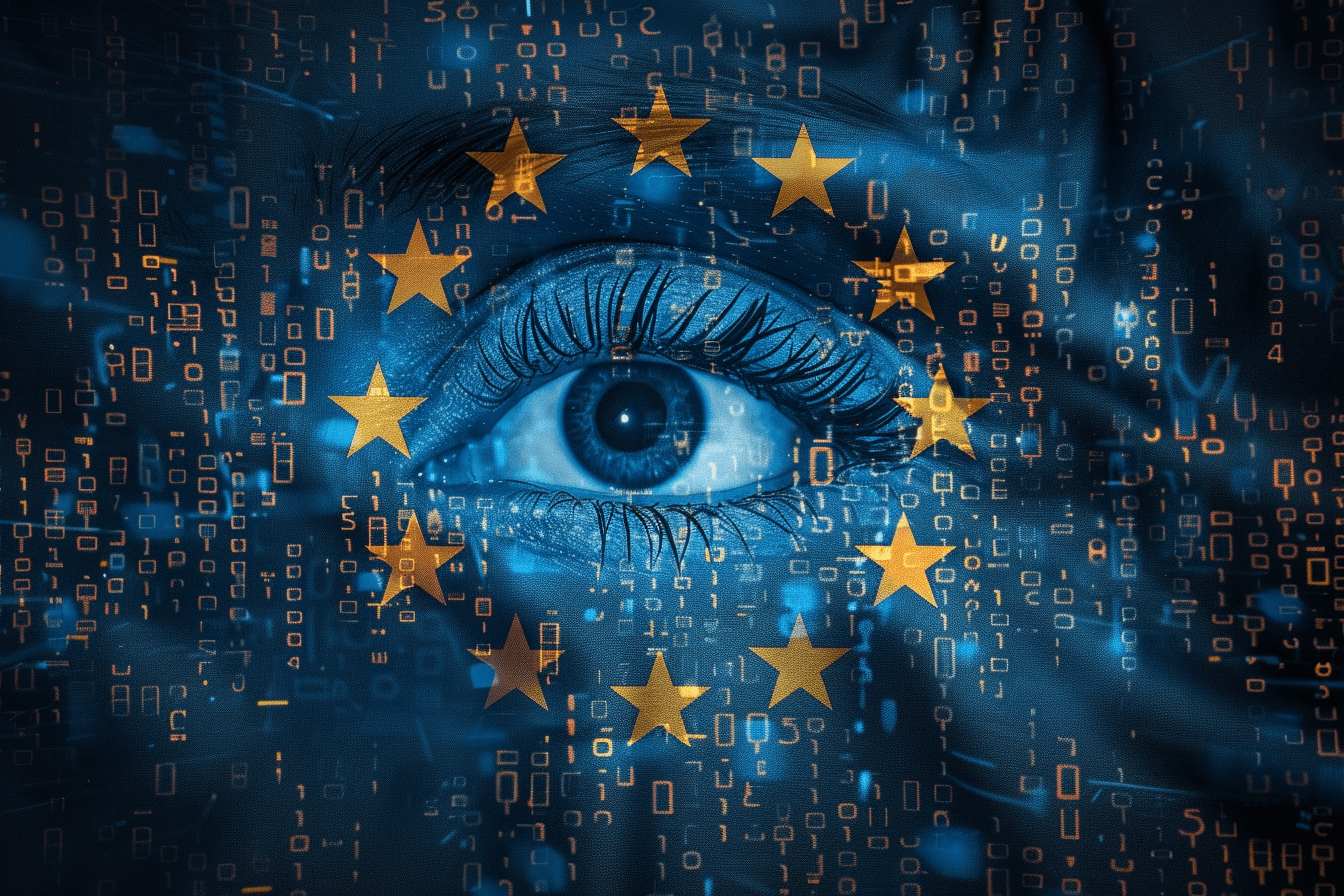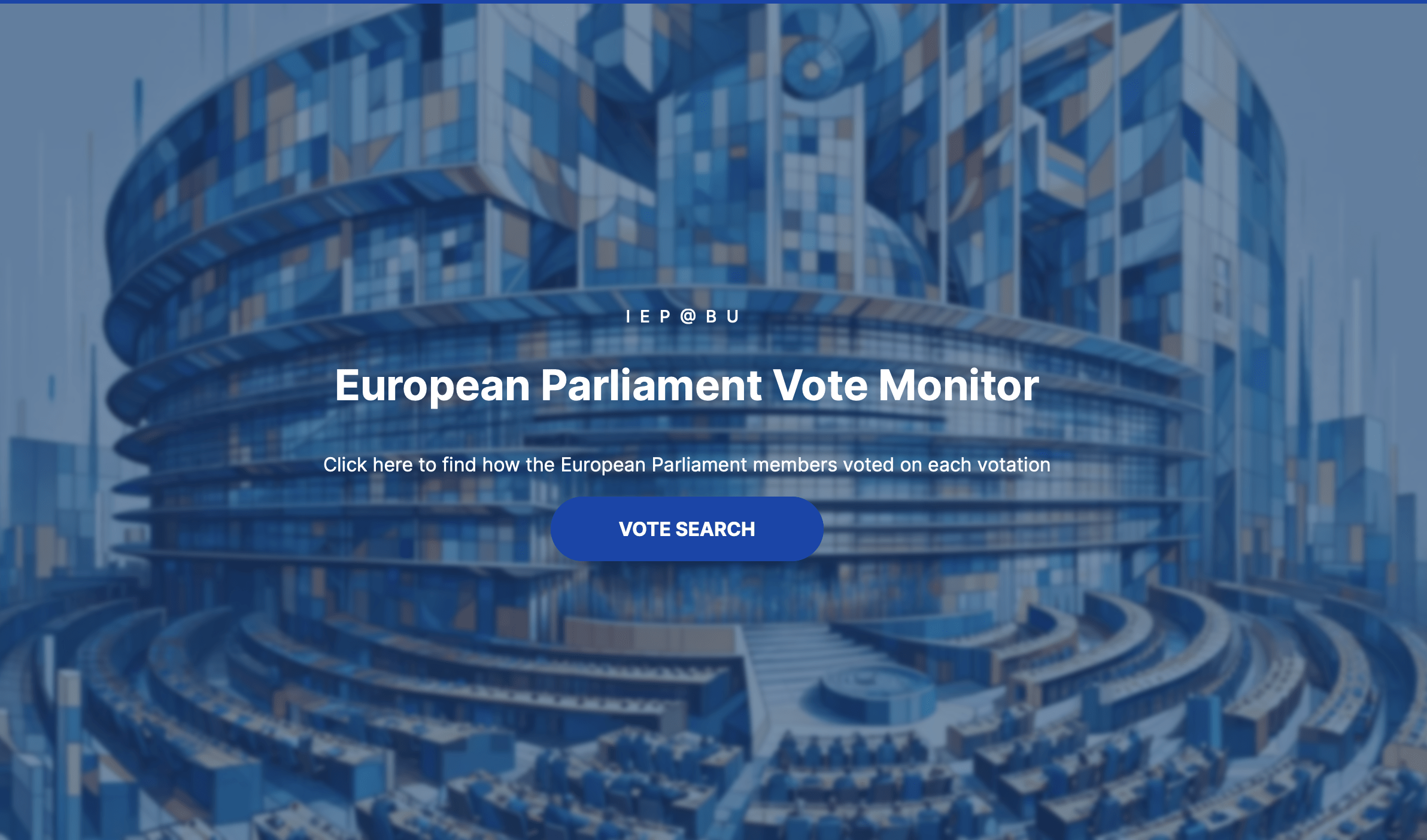Policy Brief n.19 - The European Approach to Disinformation: Policy Perspectives
The paper explores the evolution of the EU's policy on disinformation, evaluates its current strategies, and discusses future perspectives, emphasizing the importance of transparency and accountability in the digital age.

-
File
Executive Summary
The spread of disinformation has raised questions for European digital policy. The evolution of the European approach to addressing falsehood in the digital age has revealed how disinformation is not just a matter of free speech but a broader set of conflicting constitutional values.
The introduction of the Digital Services Act has moved the focus on limiting the discretion of online platforms in making decisions on freedom of expression by introducing more safeguards. It represents a first step to remedy the lack of transparency and accountability, also by relying on a risk-based approach based on balancing fundamental rights and economic freedoms. Likewise, the Strengthened Code of Practice on Disinformation has encouraged more dialogue between public and private actors to balance conflicting constitutional interests. This approach aims to ensure that the enforcement of public policies does not only come from private determinations or public orders but relies on a transparent and accountable collaboration between public and private actors.
The primary challenge to address online disinformation is to find a balanced approach among conflicting constitutional interests, particularly economic freedoms and fundamental rights. The European approach underlines how, to ensure the effective achievement of digital policies, tackling disinformation cannot be based exclusively on a top-down strategy but requires building a relationship of trust and collaboration between public and private actors based on transparency and accountability. Between leaving the market free to shape disinformation and relying on oppressive measures to tackle the spread of disinformation, the European strategy on disinformation defines an evolving relationship between public and private actors to mitigate the risks of disinformation.

If you are interested in the European Parliament activity, please check a new tool that the IEP@BU has just launched, with professors Simon Hix and Abdel Noury: the EPVM - European Parliament Vote Monitor
IEP@BU does not express opinions of its own. The opinions expressed in this publication are those of the authors. Any errors or omissions are the responsibility of the authors.

